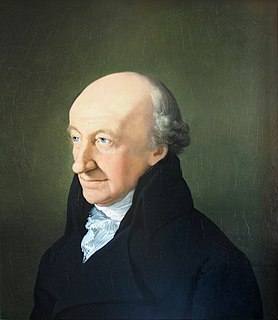A Quote by Bertrand Russell
Socrates was the chief saint of the Stoics throughout their history ; his attitude at the time of his trial, his refusal to escape, his calmness in the face of death , and his contention that the perpetrator of injustice injures himself more than his victim, all fitted in perfectly with Stoic teaching. So did his indifference to heat and cold, his plainness in matters of food and dress, and his complete independence of all bodily comforts.
Related Quotes
When a lion stalks a herd, he sneaks in close, lies down, and surveys them to choose his victim. He takes his time. The deer or buffalo have no idea he’s near. He finds his prey and then he explodes from his hiding place and grabs it. Even if another, perfectly serviceable animal ends up within his reach, he isn’t going to alter his course. He has chosen, and he would rather go hungry than change his mind.
Depending on the year or the therapist he was seeing, he'd learned to ascribe just about every facet of his character as a psychological reaction to his parents' fighting: his laziness, his overachieving, his tendency to isolate, his tendency to seduce, his hypochondria, his sense of invulnerability, his self-loathing, his narcissism.
I think with great affection and deep gratitude of my venerable predecessor, Benedict XVI, who during these years of his pontificate has enriched and strengthened the Church with his teaching, his goodness, his guidance, his faith, his humility, and his gentleness, which will remain a spiritual heritage for all.
Strange is the vigour in a brave man's soul. The strength of his spirit and his irresistible power, the greatness of his heart and the height of his condition, his mighty confidence and contempt of danger, his true security and repose in himself, his liberty to dare and do what he pleaseth, his alacrity in the midst of fears, his invincible temper, are advantages which make him master of fortune.
A man is known by the books he reads, by the company he keeps, by the praise he gives, by his dress, by his tastes, by his distastes, by the stories he tells, by his gait, by the notion of his eye, by the look of his house, of his chamber; for nothing on earth is solitary but every thing hath affinities infinite.


































